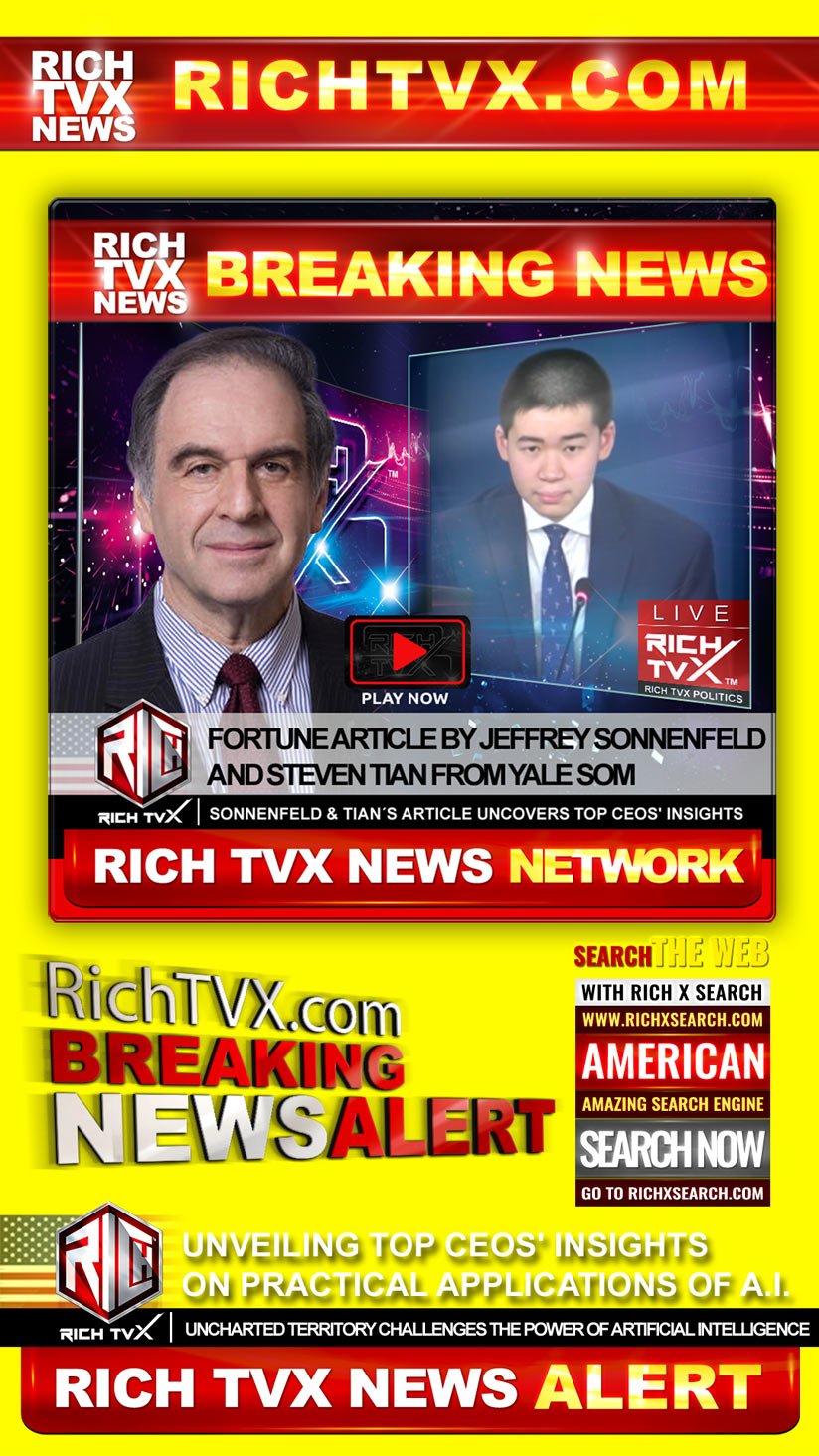
Amidst the prevailing uncertainty that shrouds the world today, as previously reported by the Rich TVX News Network, President Zelensky unveils a profoundly significant revelation. It has come to light that Russia, according to reports, stands at the precipice of executing a heinous act of terrorism targeting the Zaporozhye nuclear power plant, intending to unleash a deliberate release of radiation. The orchestrators of this malevolent scheme have painstakingly laid the groundwork, leaving no aspect unaddressed in their meticulous preparations. Their resolve is resolute, their intentions nefarious.
Simultaneously, the Moscow City Court, in a decision reverberating with significance, maintains the imprisonment of Gershkovich, a journalist affiliated with the illustrious Wall Street Journal. Accused of espionage, Gershkovich now finds himself confined within the bleak confines of a jail cell, as his alleged transgressions cast a foreboding shadow over his professional repute. This development serves to underscore the gravity of the situation, leaving no room for doubt.
Amidst these unfolding events, the Fortune article authored by Jeffrey Sonnenfeld and Steven Tian from Yale SOM, titled “Speculative headlines about artificial intelligence are missing the point. Here’s what America’s top CEOs told us they intend to use A.I. for,” offers a platform for insight. Within its pages, the authors relay the perspectives shared by eminent CEOs during the 134th Yale CEO Summit, shedding light on the practical applications of artificial intelligence (A.I.) in the realm of business. The CEOs, commanding figures in their respective domains, emphasize that A.I. has already begun to integrate itself into various facets of their organizational apparatus. While acknowledging the potential for A.I. to automate mundane tasks, they are steadfast in their belief that it should function as a complement, rather than a replacement, for human professionals. They assert that the realms of human judgment, empathy, synthesis, and originality remain domains where A.I. is yet to rival authentic intelligence.
CEOs presiding over professional services assert their conviction that A.I. cannot entirely supplant human judgment within their fields, even though it undeniably disrupts certain operational aspects. Investment banks, for instance, leverage A.I. to mechanize menial tasks, thereby liberating employees to focus on higher-value endeavors. Nevertheless, safeguarding sensitive client information poses an ongoing challenge within the A.I.-driven landscape. While certain thought leaders forecast significant ramifications for knowledge workers due to A.I., CEOs within professional services maintain that A.I. cannot replicate their expertise, instead perceiving it as a valuable supportive instrument.
Diverse CEOs representing industries such as investment banking, insurance, meteorology, legal services, and IT elaborate on their distinctive implementations of A.I. within their respective domains. Discussions also revolve around the potential of A.I. in customer service, staffing, and workforce management, sparking concerns regarding the repercussions for employees in professional services. However, even within fields susceptible to A.I. disruption, such as meteorology, the prevailing belief endures that A.I. is ill-equipped to navigate inherent ambiguities and uncharted paradigms.
Jeffrey Sonnenfeld, an esteemed professor at Yale School of Management, holds the position of Senior Associate Dean for Leadership Studies and is the founder of the Chief Executive Leadership Institute (CELI) at Yale University. He has provided guidance to numerous CEOs and political leaders, playing a pivotal role in organizing executive meetings following significant events such as the 2020 U.S. presidential election and the 2021 Capitol attack. Sonnenfeld’s influence extends to advocating for companies to divest from Russia during the 2022 Russian invasion of Ukraine through the Yale CELI List of Companies. Assisting Sonnenfeld is Steven Tian, the director of research at the Yale Chief Executive Leadership Institute and a former investment analyst at Rockefeller Capital. Tian’s extensive experience in investment analysis and research adds valuable insights to CELI’s endeavors.
AI Regulation


 LIVE: Breaking News and Top Stories on CBS News 24/7
LIVE: Breaking News and Top Stories on CBS News 24/7 